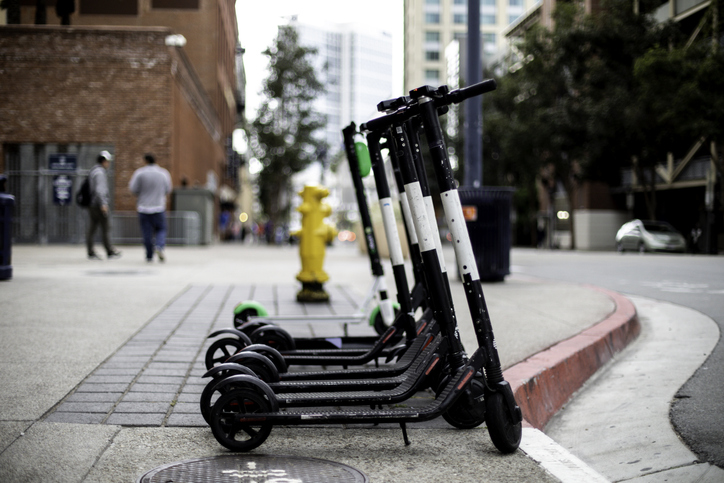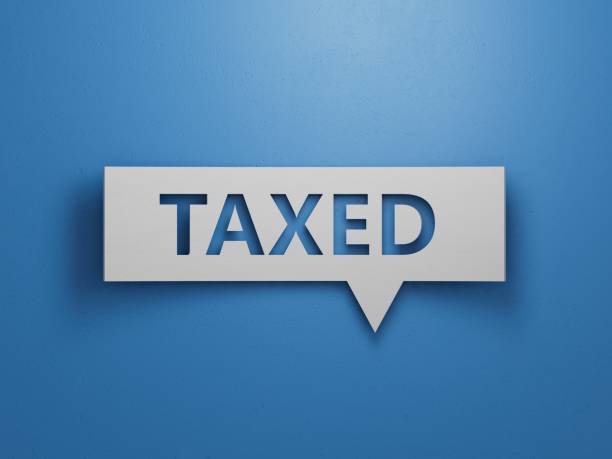Seattle's streets were supposed to get greener and more efficient with the arrival of electric scooters and bikes in 2017. Instead, they've become a hazard to road users, with accidents surging and taxpayers footing the bill for a program that's more stunt than solution. A recent University of Washington report reveals e-scooter-related medical encounters in Seattle exploded from just nine between 2018 and 2020 to a staggering 273 from 2021 to 2023. This isn't progress, its peril, amplified by government waste that's left us with sidewalks littered with scooters (and e-bikes) and little to show for the investment.
The numbers paint a grim picture. According to an article by the Seattle Times, nationally, e-scooter injuries jumped 80% between 2023 and 2024, with head injuries topping the list and child victims under 14 doubling. In Seattle, usage has boomed, a million Lime rides in June alone, up 84% year-over-year, yet safety lags woefully behind. A 2022 city survey found 70% of shared scooter riders never or rarely wear a helmet. King county went as far as repealing a mandatory helmet law in 2022.
Young males dominate the injury stats, often riding impaired or underage, mistaking scooters for a low-stakes bar crawl alternative. As Dr. Ashley Amick of the UW warns, "If you feel too impaired to drive a car, you shouldn’t be driving any kind of a scooter."
The city's response? A patchwork of pilots and partnerships that's emblematic of bureaucratic bloat. The Seattle Department of Transportation is teaming up with schools, housing authorities, and Lime to push education and helmet giveaways, 3,000 distributed this year alone. Lime's latest response is a "helmet selfie" discount through September, plus "inclusive" seated models for women and seniors. If you ride without a helmet the worst-case punishment is a discretionary civil slap, per police. It's all virtue-signaling without teeth, and it comes at a steep public cost.
Seattle's micromobility program, renewed in 2023, shells out millions annually in fees to operators like Lime and Bird, up to $2 million in direct payments last cycle, plus regulatory overhead from SDOT staffers chasing compliance reports. Taxpayers fund sidewalk repairs from dumped scooters, public awareness campaigns and helmet handouts. The program isn't innovation; it's subsidized chaos, where private profits ride on public dimes.
Other cities are reversing direction on scooter use. Officials in Melbourne, Australia have joined the expanding list of cities to ban electric scooters. After receiving hundreds of complaints and citing safety concerns, officials responded by banning the troublesome scooters from the city streets.
The short term rentable electric scooter was touted as a way to reduce carbon emissions and traffic congestion, but in reality, the scooters became an eyesore and safety hazard in many inner cities. The fact is these scooters are used mostly for recreation, not a significant part of the urban transportation system.
Many local governments that are pushing the benefits of having electric scooters in their downtown areas don’t really understand the overall impact. As with many feel-good policies, the benefits of scooters are frequently inflated while costs are diminished or altogether ignored.
It’s time cities in Washington end the scooter waste and stop creating a safety hazard for the other road users.
Let's act before more lives derail. Repeal the subsidies, enforce real rules, and let entrepreneurs, not edicts, steer us forward.






